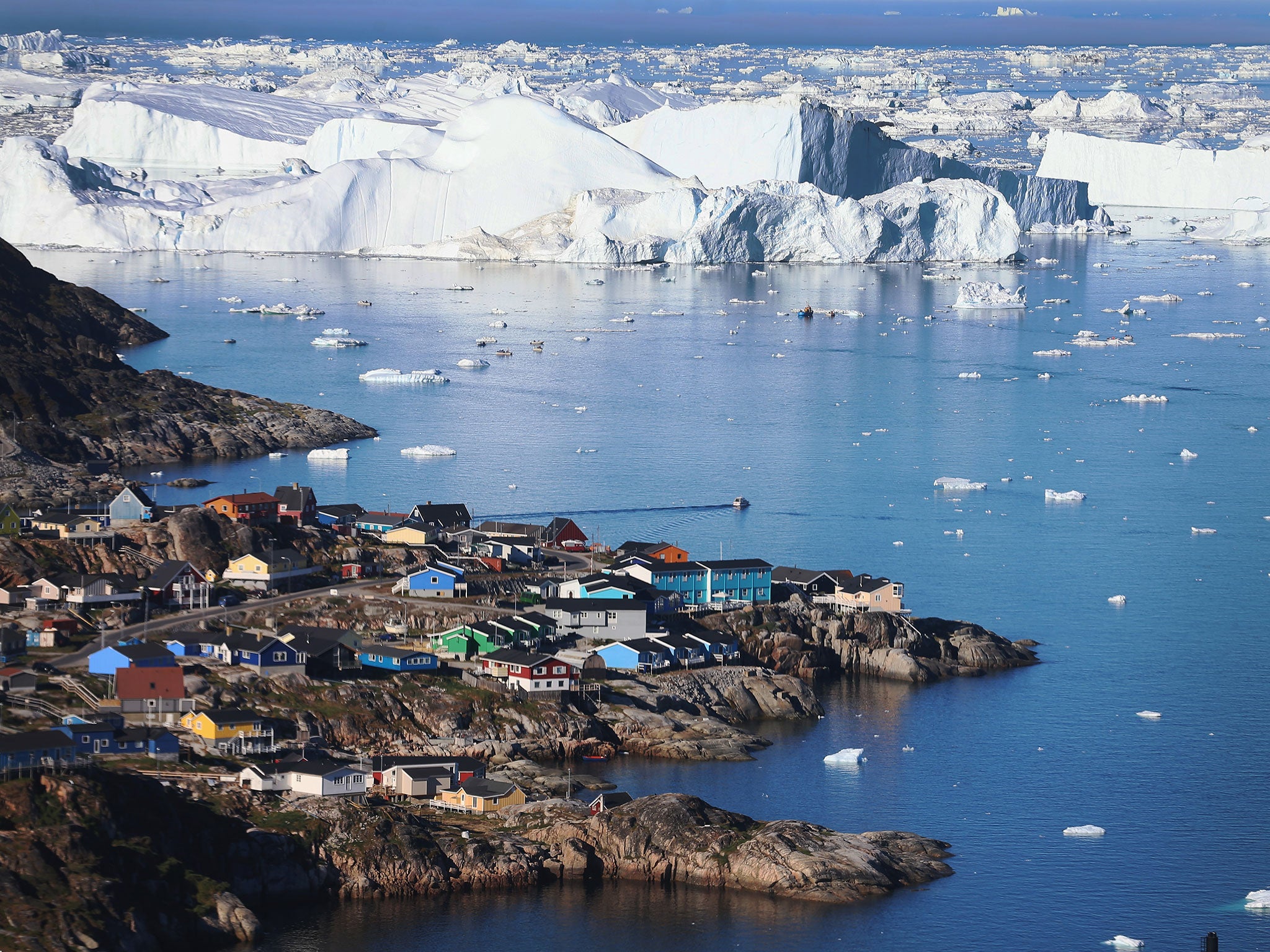Climate scientists expected 'nothing like' this year's record-breaking global temperatures
'Massive temperature hikes, but also extreme events like floodings, have become the new normal'

Your support helps us to tell the story
From reproductive rights to climate change to Big Tech, The Independent is on the ground when the story is developing. Whether it's investigating the financials of Elon Musk's pro-Trump PAC or producing our latest documentary, 'The A Word', which shines a light on the American women fighting for reproductive rights, we know how important it is to parse out the facts from the messaging.
At such a critical moment in US history, we need reporters on the ground. Your donation allows us to keep sending journalists to speak to both sides of the story.
The Independent is trusted by Americans across the entire political spectrum. And unlike many other quality news outlets, we choose not to lock Americans out of our reporting and analysis with paywalls. We believe quality journalism should be available to everyone, paid for by those who can afford it.
Your support makes all the difference.The planet’s record-breaking temperatures every month of this year have taken scientists by surprise, according to a leading expert who said they had expected “nothing like” this level of global warming.
The first six months of this year averaged 1.3 degrees Celsius above the pre-industrial average, compared to the ambition agreed at the Paris climate summit in December to limit warming to as close to 1.5C as possible.
This now seems optimistic, particularly as the actual action promised by countries could see the world’s average surface temperature rise by up to 3.1C, according to a recent analysis.
However, Dr David Carlson, director of the World Climate Research Programme, said models of future warming had failed to predict the high temperatures recorded this year, suggesting they are under-estimating how hot the world will get.
Every month this year has set a new record high temperature for the month, continuing a streak that now extends over 14 months.
“What concerns me most is that we didn't anticipate these temperature jumps,” Dr Carlson told the Thomson Reuters Foundation.
“We predicted moderate warmth for 2016, but nothing like the temperature rises we’ve seen.
“Massive temperature hikes, but also extreme events like floodings, have become the new normal.”
The WCRP was set up by the International Council for Science and the World Meteorological Organization in 1980.
Scientists have expressed concerns at a number of tipping points that could dramatically increase the rate of warming.
For example, the melting of ice at the poles reduces the amount of sunlight that is reflected with the darker water or land absorbing more of the sun’s energy and increasing the temperature. Experts have warned the warming in the Arctic – far higher than the global average – could have a “possibly catastrophic” effect on the number of dangerous storms in the northern hemisphere.
Vast amounts of methane – a powerful greenhouse gas – that has been frozen for thousands of years in the tundra of Siberia has also started to be released as it melts. Methane has also been seen bubbling to the surface in the ocean off the northern coast of Russia following dramatic reductions in sea ice cover.
And Dr Carlson said the way humans react to warmer weather could make things worse.
“Also critical is the fact that people survive the heat by using more energy for cooling, thus further depleting the world's resources,” he said.
He said the increased frequency of extreme storms was starting to attract world leaders’ attention.
“The question is shifting from ‘has the climate changed?’ to ‘by how much?’” he said.
“Statistically we need to get better at predicting not only how frequent and intense these events will be – but how long they will last.”
However he added: “The world leaders making serious commitments to tackle climate change are currently few and far between.”
Prime Minister Theresa May, just days after taking office, decided to scrap the post of Energy and Climate Change Secretary from the Cabinet and also the associated government department.
Climate change is now the responsibility of the Department for Business, Energy and Industrial Strategy and Business Secretary Greg Clark.
Ms May also appointed Andrea Leadsom as Environment Secretary, after she revealed her first question to officials after she was appointed energy minister last year was: "Is climate change real?"
Join our commenting forum
Join thought-provoking conversations, follow other Independent readers and see their replies
Comments